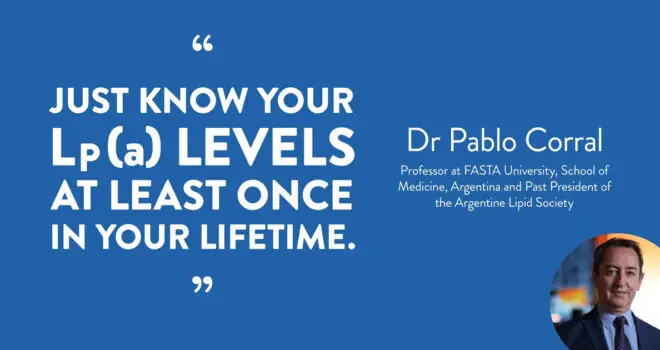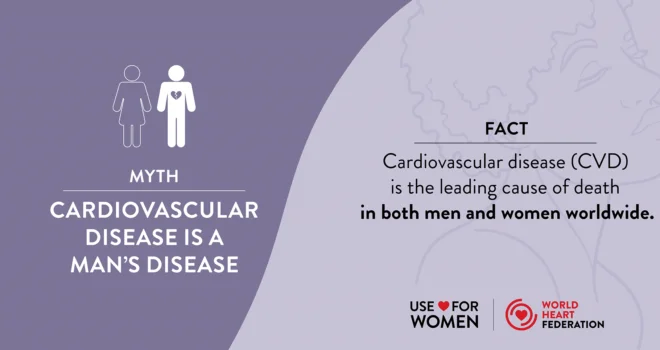In age of COVID-19, non-communicable diseases put patients at increased risk of complications
WASHINGTON (May 13, 2020) — Non-communicable diseases (NCDs), such as cardiovascular disease, diabetes and chronic lung diseases, are the cause of over 70% of deaths worldwide. As the COVID-19 pandemic continues, high-risk patients—particularly those with pre-existing conditions like heart disease—make the prevention and control of NCDs more important than ever.
In an effort to raise awareness of the global public health impact of non-communicable diseases the American College of Cardiology (ACC), has partnered with the World Heart Federation (WHF), NCD Alliance (NCDA) and Pfizer Upjohn for a Week of Action starting May 18 dedicated to raising awareness around the burden of NCDs worldwide. Join the conversation online using #NCDs and #NCDAcademy.
The Week of Action will celebrate the launch of the ACC’s NCD Academy. Developed in partnership with WHF and NCDA and with support from Pfizer Upjohn, NCD Academy equips primary care providers with a free mobile app featuring a suite of online certificate programs to enhance, refresh and showcase their knowledge of techniques and therapies for NCD prevention and screening. The first course will focus on cardiovascular disease and stroke and additional courses in cancer, chronic respiratory diseases, diabetes and mental disorders will be launched in the future. Learn more about the NCD Academy.
The ACC, WHF, NCDA and Pfizer Upjohn will also have experts on hand to speak to efforts like the ACC’s Global Prevention Program, created in 2016 through a partnership with Pfizer, that provides clinicians worldwide with the latest science, technology, resources and tools needed to stem the rising tide of cardiovascular disease and reinforce best practices in treating patients. Since its launch, the program has hosted 44 webinars, reaching more than 70,000 clinicians and an estimated 230 million patients across nine countries. Read the full Global Prevention Program Report.


